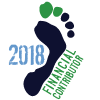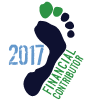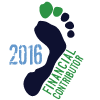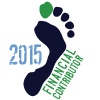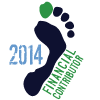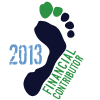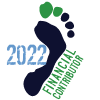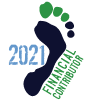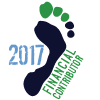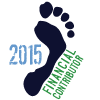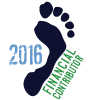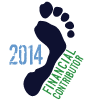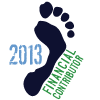As Dutchie said, it's great to have a physiotherapist participating on this site. However, I think Jane missed some of the subtlety of Jason's argument. LTYB can work for at least some people. Likewise, a set program or method can backfire for some. There is no one-size-fits-all solution. Ideally one should be aware of all things pertaining to running and constantly evaluate what's going on. In reality, most of us will start with partial information at best, and then seek more knowledge as interest evolves or as problems surface. I can give personal examples of both methods working/not working.
I ran barefoot twenty years ago, no problem, just LTYP-ing it. When I began again a year and a half ago, I read the key to barefoot running is a forefoot landing, exaggerated it, and got top-of-the-foot pain. A little knowledge can be dangerous. I would've been better served just listening to my body in this case, as I'm probably one of those who has halfway decent form without thinking about it.
Conversely, a month ago my body practically screamed at me that I was doing something wrong. I got my first case of ITBS and then top-of-the-foot pain after attempting to increase my longest distance by 50% within a few weeks' time. OK, TMTS, and as Dutchie notes, there was only the slightest of niggles foreshadowing the breakdown. My body was whispering right before it started yelling. A more gradual increase, as almost everyone recommends, would've been best to avoid this particular sort of LTYB conversational lapse. In any case, unfortunately, my body didn't tell me exactly what I was doing wrong, just that something was wrong. I reduced distance, but this didn't help. Turns out I wasn't massaging and stretching out my lower leg and foot enough, and had allowed them to get very tight. It took quite a lot of reading to figure that one out, after first eliminating weak glutes/hips (the common explanation of ITBS), stress reaction/fracture (the common explanation of TOFP), and other possibilities. It took re-reading Jimmy Hart's article (
http://gobarefooting.wordpress.com/2010/04/21/injury-top-of-the-foot-pain/) and a fluke walk after which TOFP flared up on the other foot, for me to realize what the problem was. For such a common ailment, it's surprising how few BFR sites/books talk about this therapy. Point being, even when you don't listen to your body, and seek a more analytical route, the answer or solution isn't always any easier to find. My lower legs were always very tight after longer runs, but I hadn't been listening to my body enough to figure out what they were telling me (massage and stretch!), nor had I read well or comprehensively enough to know what I should do about that. Both the LTYB and analytical method had failed me to some extent, due to my own inability to use them properly.



